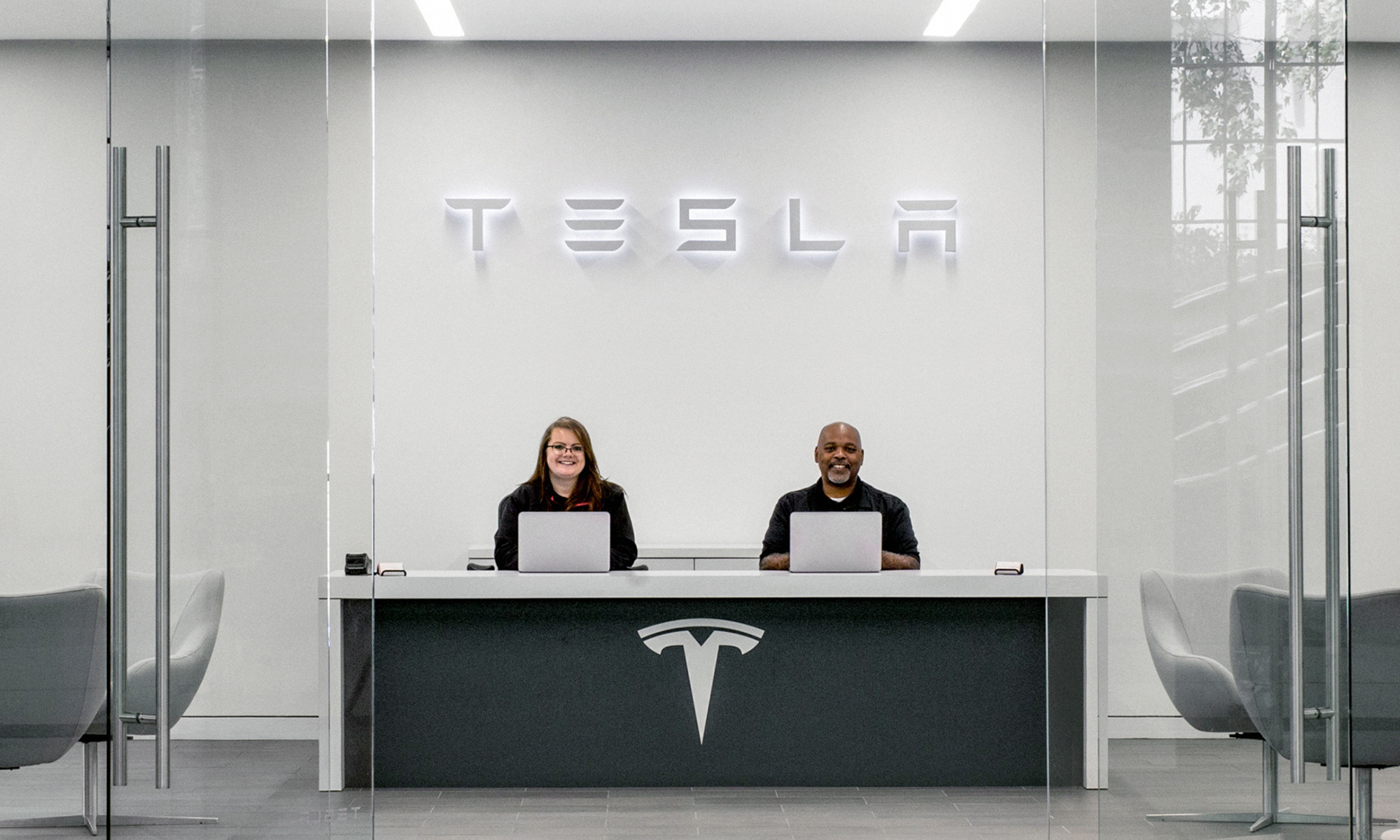Looking back at its history as a public company, Tesla (TSLA 1.02%) has generated serious wealth for investors. The auto industry disruptor has seen its shares skyrocket 20,290% since its initial public offering in June 2010 (as of June 25). Had you invested just $5,000 back then, there would be a $1 million balance in your portfolio right now.
No one would argue with that kind of impressive past gain. But will the leading EV stock be a millionaire maker in the future?

Image source: Tesla.
Assessing Tesla's true valuation
Tesla might be the most closely watched business in the world, partly, because of how it disrupted the global car market. Investors also keep tabs on what CEO Elon Musk is doing, as well as his plans for the company (more on this below).
However, investors shouldn't lose sight of what Tesla really is today, which is a challenged company that sells innovative and tech-enhanced EVs. In the first quarter, the business reported $14 billion of automotive revenue, 72% of the total. Total revenue was up just 0.9% in 2024, then it declined 9.2% in Q1 2025.
Operating income in the first quarter tanked 66%, thanks to lower average selling prices, fewer deliveries, and higher expenses.
To be fair, this is an extremely inventive company that's working at the cutting edge of exciting technologies. But someone viewing Tesla with a clear lens would see that this is a struggling business. Its core operations are under pressure, without a doubt.
What valuation should Tesla trade at knowing the reality of the business today? Even with a more reasonable price-to-earnings ratio (P/E) of 50 (compared to its current P/E ratio of 179), which is what luxury automaker Ferrari trades for, the stock has 72% downside. That certainly doesn't give investors any reason to be bullish.
The Musk premium
Based on the current market cap of $1 trillion and P/E ratio of 179, Tesla is wildly overvalued. But the story stock has seemingly always traded at a steep valuation, as investors continue to bet on a future that sees the company realizing its potential as a dominant force in autonomous driving and robotics.
The company has finally launched a robotaxi service in Austin, Texas. This was highly anticipated and something that Musk has talked about for years. However, I think it turned out to be a big nothing burger.

NASDAQ: TSLA
Key Data Points
There were no Cybercabs. Less than two dozen Model Ys were used instead. There were human supervisors in all the vehicles. And videos of the robotaxis in action showed numerous issues, spurring an investigation by the National Highway Traffic Safety Administration.
At the same time, Alphabet's Waymo is handling 250,000 trips per week in multiple cities. And an application is in place to start testing the service in New York City. Tesla appears to still have a long way to go.
The company is also leveraging its AI capabilities to work on Optimus, a humanoid robot. Musk believes it will produce 1 million units annually by the end of this decade. Besides placing these machines in its factories, the goal is to sell them to other companies.
If all goes according to plan, which is a very uncertain outcome, then Tesla could make its investors into millionaires down the road. The end markets for robotaxis and humanoid robots are estimated to be measured in the trillions of dollars. The company's ability to not only have these technologies achieve mass adoption, but to also capture a sizable chunk of the opportunity, could create a financial windfall.
However, I think there's also a good chance that the business won't deliver up to its heightened expectations, a perspective that's supported by a history of constant delays. This is a stock that I'm still avoiding.





